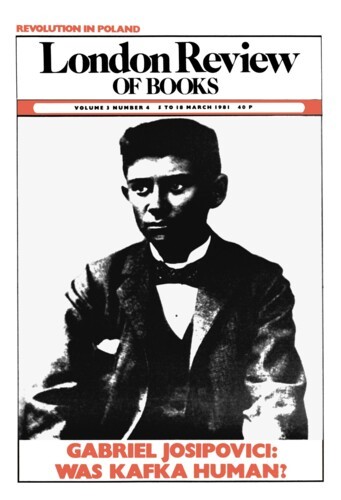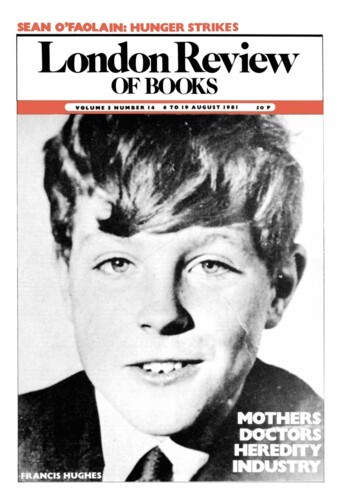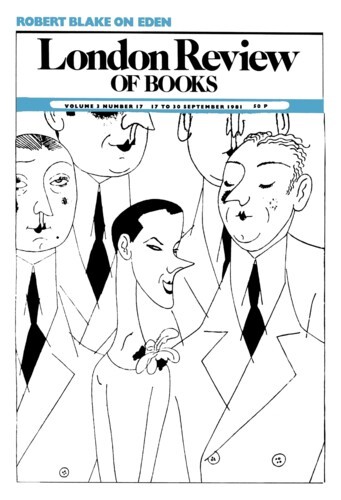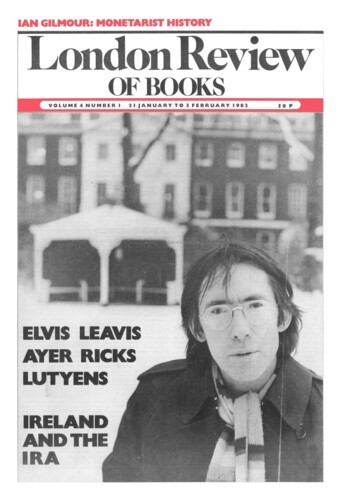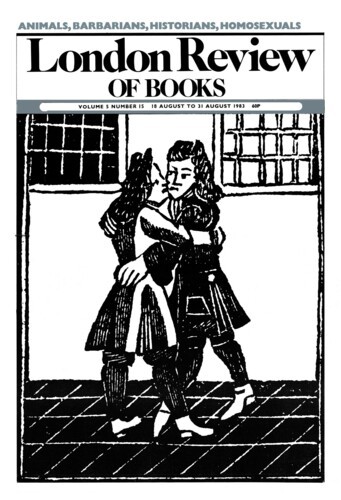Redesigning Cambridge
Sheldon Rothblatt, 5 March 1981
The eye is attracted to bright colour and the ear to loud noise, and this is no less true in the writing of history than in the workings of nature. Accordingly, most recent detailed work analysing the transformation of higher education in 19th-century England has concentrated on the period after 1850 or 1860 when the ancient universities conspicuously joined the modern world. The trends are more to our liking, or at least we understand them better. The steep climb in matriculations, the diversification of the curriculum, the creation of professional schools, the spread of extra-mural education, the establishment of women’s colleges and the linkages (or lack of them) between the university and industrial sectors have gone into the making of the 20th century. However, the tendency to emphasise the relevance of the Second Industrial Revolution to our own time has led to a certain imbalance in the writing of university history, leaving the earlier decades to the biographer or the historian of religious movements. ‘Common room history’ is what often springs to mind when pre-Victorian or early Victorian Oxbridge is revisited. The general reader, desirous of knowing what part higher education played in the creation of Victorian England, is usually left with the textbook conclusion that the two senior universities remained in a sound Hanoverian slumber until the century was more than half over. Only occasionally, and then by prodigious effort, did the dons rouse themselves to denounce all attempts at academic reform. The reader’s attention is correspondingly drawn off to other areas of English society where higher education appeared to be responsive and innovative: to the London University, or to the new medical schools and civic universities.
